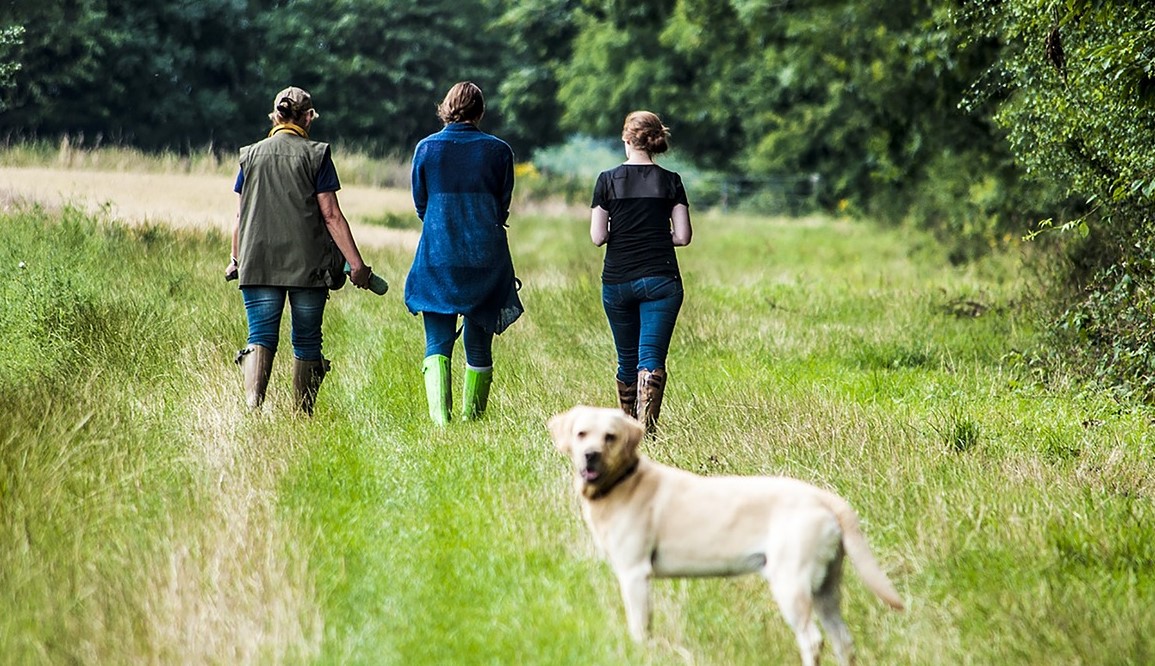The National Sheep Association (NSA) is calling for the Government to launch a campaign to promote the Countryside Code to encourage visitors to rural areas to show more consideration and respect for the land and people who farm it.
NSA chief executive Phil Stocker said: “NSA has long believed that people visiting the countryside benefit physically and mentally and that in most cases they appreciate what they experience.
In many cases, visitors also contribute to rural economies and get the opportunity to see some farming in action and learn more about the fabric of the countryside.
“However, with the lockdown restrictions now easing and so many attractions and venues still closed, we are seeing people coming onto farms who wouldn’t normally do so and some of the things we are seeing suggest that there is either little knowledge of, or care about the Countryside Code.”
The NSA said it had reports of cars parked in narrow lanes preventing access to farms, used disposable BBQs and litter being left in fields.
People are being caught out because they expect toilet facilities and there are concerning cases where livestock are being encountered with no idea over how to behave.
Stocker explained that the issue was compounded as some dogs are also experiencing livestock for the first time.
“What we are seeing shows that there are a lot of people who don’t realise that the farmed countryside is a working environment,” he said.
Most farmers welcome legal and responsible access but too many people seem to think they are visiting a staffed public attraction where the only objective is their enjoyment and a paid litter picker will be along soon.
“Some of this behaviour is illegal, it is certainly disrespectful, and it’s dangerous to farm animals and to the public too.
“It’s not as though guidance doesn’t exist and its time the Countryside Code was dusted off and put into wider use.
“This would be a good time for a Government-sponsored television and radio campaign to raise awareness of the Countryside Code and invest in the responsible use of the countryside.”

